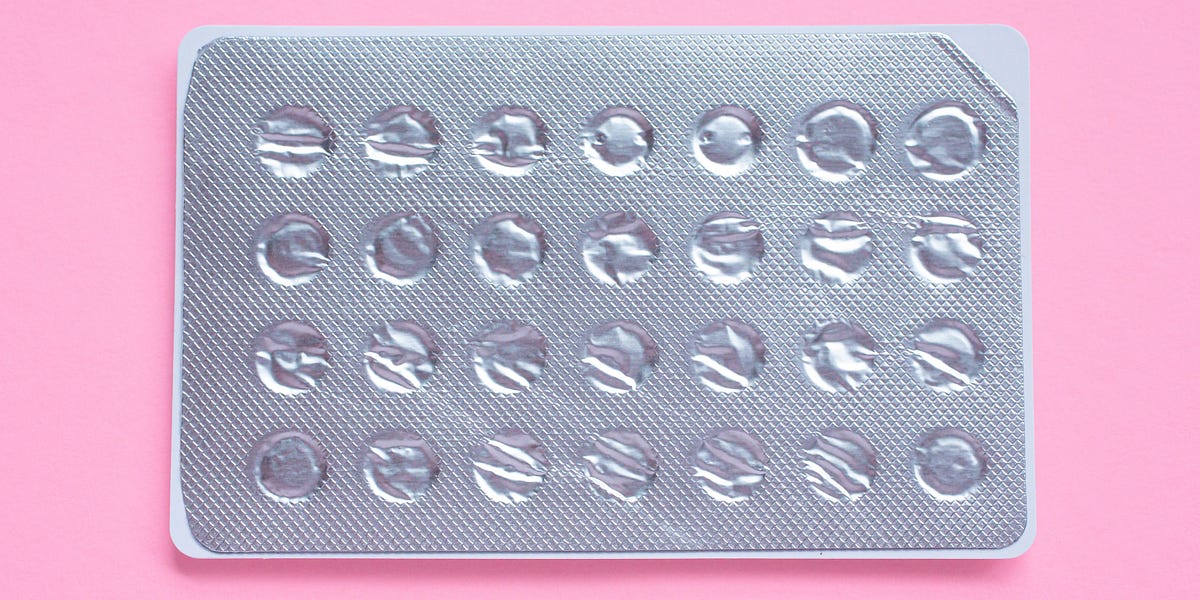Genetically Engineered Babies Are Banned in the US. But Tech Titans Are Trying to Make One Anyway
Backed by OpenAI chief executive Sam Altman and his husband, along with Coinbase co-founder and CEO Brian Armstrong, the startup — called Preventive — has been quietly preparing what would amount to a biological first. They are working toward creating a child born from an embryo edited to prevent a hereditary disease.... Editing genes in embryos with the intention of creating babies from them is banned in the U.S. and many countries. Preventive has been searching for places to experiment where embryo editing is allowed, including the United Arab Emirates, according to correspondence reviewed by The Wall Street Journal...
Preventive is in the vanguard of a growing number of startups, funded by some of the most powerful people in Silicon Valley, that are pushing the boundaries of fertility and working to commercialize reproductive genetic technologies. Some are working on embryo editing, while others are already selling genetic screening tools that seek to account for the influence of dozens or hundreds of genes on a trait. They say their ultimate goal is to produce babies who are free of genetic disease and resilient against illnesses. Some say they can also give parents the ability to choose embryos that will have higher IQs and preferred traits such as height and eye color. Armstrong, the cryptocurrency billionaire, is leading the charge to make embryo editing a reality. He has told people that gene-editing technology could produce children who are less prone to heart disease, with lower cholesterol and stronger bones to prevent osteoporosis. According to documents and people briefed on his plans, he is already an investor or in talks with embryo editing ventures...
After the Journal approached people close to the company last month to ask about its work, Preventive announced on its website that it had raised $30 million in investment to explore embryo editing. The statement pledged not to advance to human trials "if safety cannot be established through extensive research..." Other embryo editing startups are Manhattan Genomics, co-founded by Thiel Fellow Cathy Tie, and Bootstrap Bio, which plans to conduct tests in Honduras. Both companies are in early stages.
Many experts worry that the science is too unpredictable to be safe and could usher in a new era of human experimentation by private companies without public or government input or debate. Some also raise the specter of eugenics.
One plan Armstrong floated, according to people he has talked to, was for a venture to work in secret and reveal a healthy genetically engineered baby before the scientific and medical establishment had a chance to object—a leap meant to shock the world into acceptance.
“These people are not working on genetic diseases,” said Fyodor Urnov, a director at the Innovative Genomics Institute at the University of California, Berkeley. “They are either lying, delusional, or both. These people armed with very poorly deployed sacks of cash are working on ‘baby improvement.’”
Scientists say they still don’t understand everything about the human genome or how different genes interact with each other. Any edits, changes or deletions of an embryo’s genes could be passed down to future generations, including unintended mistakes.
“Responsible adults agree we can’t do it now because it’s unreasonably unsafe,” said Stanford University bioethicist Hank Greely. “The risk-benefit ratio sucks at this point.”
Separately from embryo editing, startups are vastly expanding the power of genetic screening technology.
Some genetic tests for embryos, for sex and diseases such as cystic fibrosis and Tay Sachs, have long been available to parents who undergo IVF. Some parents choose which embryos to implant on the basis of those tests, deciding between
freezing, discarding or donating the embryos they don’t use.
Several prominent members of the Silicon Valley elite, including Altman and Elon Musk, have used polygenic screening to evaluate embryos for their children, people briefed on the matter said.
Musk used Orchid to select embryos for two children he had with Shivon Zilis, an executive at his brain-computer interface company Neuralink, one of the people said. Musk, Zilis and their representatives didn’t respond to requests for comment.
Anomaly is a vocal defender of voluntary eugenics. Humans, he wrote in 2018, should make reproductive choices that “produce future people who thrive.”
During the event, he displayed an image of a mobile Nazi gas chamber used to kill people with disabilities to make the point that Herasight’s aim is “morally a completely different model than the worst form of state-sponsored coercive eugenics.”


